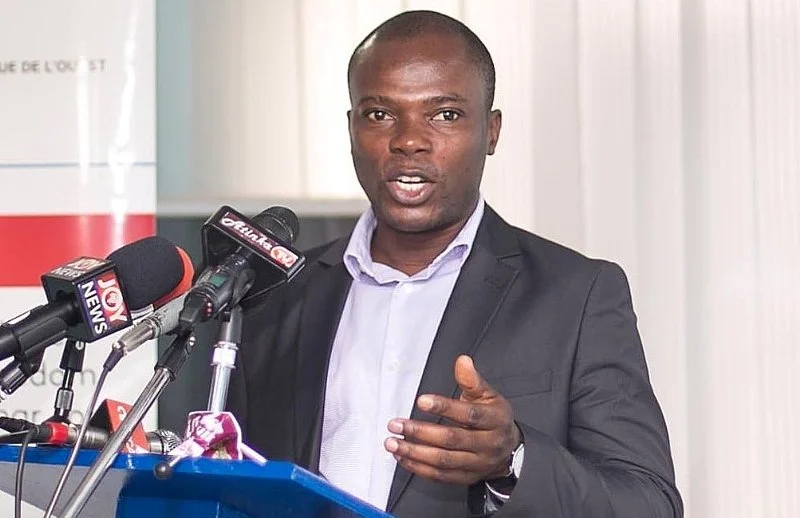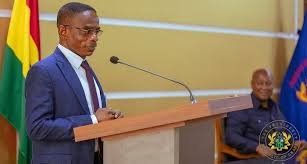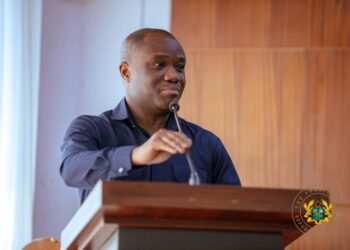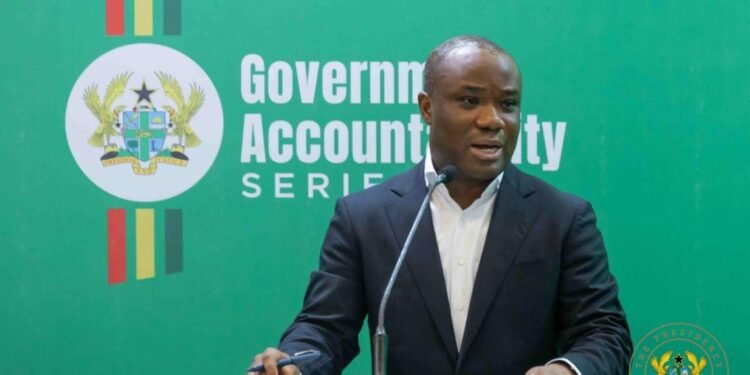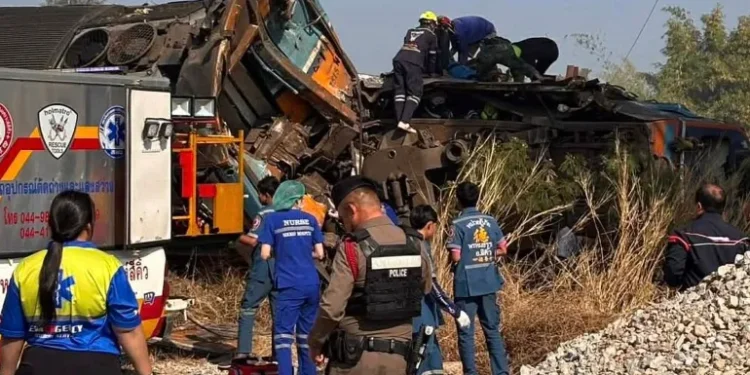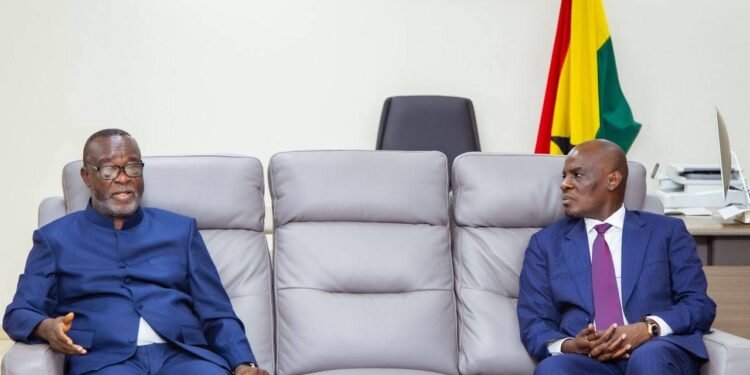The Executive Director of the Media Foundation for West Africa (MFWA), Sulemana Braimah has decried the many challenges facing media freedom in Ghana.
Mr. Braimah’s reflections touched on several critical areas including legal and regulatory issues, the political environment, media ownership, professionalism, and most notably, the safety of journalists. Mr. Braimah emphasized the troubling trend of attacks on journalists in Ghana, citing the brutal murder of investigative journalist Ahmed Hussein-Sulemana as a watershed moment.
Mr. Braimah noted that the government’s unwillingness to investigate and bring the perpetrators to justice has further eroded confidence in the system.
“People would always reference perhaps what has been the highest, or the most grievous incident that we’ve recorded over the last at least one decade, the murder of Ahmed Suale, and the government’s I would say, unwillingness to investigate the matter and bring the perpetrators to book.”
Sulemana Braimah the Executive Director of the Media Foundation for West Africa (MFWA)
Mr. Braimah also referenced historical data on media rights violations in Ghana, providing a comparative analysis of previous governments. Mr. Braimah pointed out that during President Kufuor’s administration, there were 64 recorded incidents of media rights violations.
This number decreased to 56 under the combined administrations of Presidents Mills and Mahama.
“We were witnessing a pattern of reduction, and that was also reflected in the global press freedom index.”
Sulemana Braimah the Executive Director of the Media Foundation for West Africa (MFWA)
However, under President Akufo-Addo’s administration, the trend reversed. Braimah highlighted incidents of media rights violations that have been recorded so far, surpassing the numbers under previous administrations.
“…So far, we have more than 70 incidents recorded. So even far more than what was recorded under Kufuor’s regime… and it’s not just the numbers that even matter. What also matters is the gravity of the violations.”
Sulemana Braimah the Executive Director of the Media Foundation for West Africa (MFWA)
The gravity of these violations was further illustrated by Braimah through several examples. Mr. Braimah referenced the case of journalist Caleb Kudah and his colleague, who were picked up by national security, blindfolded, detained, and allegedly tortured. Braimah expressed frustration over the lack of accountability.
“As I speak to you today, Adjafor’s equipment is still in the custody of national security and this is more than 4 years ago.”
Sulemana Braimah the Executive Director of the Media Foundation for West Africa (MFWA)
Culture of Impunity and Threat of Journalists
Mr. Braimah also recounted the attack on journalist Latif Iddrisu at the police headquarters, another stark example of the serious threats journalists face in Ghana. He underscored that these incidents are not isolated, and often, the perpetrators go unpunished, creating a culture of impunity.
“In most cases, what is even more saddening is the fact that people who commit the offenses go scot-free.”
Sulemana Braimah the Executive Director of the Media Foundation for West Africa (MFWA)
Adding to this, Braimah criticized the government’s response to the murder of Ahmed Suale, noting that the president’s initial dismissal of the incident as unrelated to press freedom was a missed opportunity to send a strong message of deterrence.
“The president in addressing the Bar Association Conference in Takoradi about 2 or so years ago said, well, I mean, it’s unfortunate that people are referring to the Ahmed Suale incident as a matter related to press freedom and said look a legislator, was murdered in his house, and nobody has described that as an attack on the legislature.”
Sulemana Braimah the Executive Director of the Media Foundation for West Africa (MFWA)
Mr. Braimah pointed out that, after significant pressure, the president backtracked and promised to investigate the case, but no progress has been made.
Beyond physical threats, Braimah highlighted the increasing use of legal instruments, such as the law on fear and panic, to intimidate and silence journalists. He pointed out the irony of this, as President Akufo-Addo had previously criticized the use of similar laws under President Mills’ administration.
“Look at the use of the law on fear and panic and false publication. It’s been used under this regime more than any other regime that we know of. Even though this was the same president who accused President Mills of applying that law to stifle press freedom, to censor journalists…”
Sulemana Braimah the Executive Director of the Media Foundation for West Africa (MFWA)
Mr. Braimah’s analysis paints a grim picture of the state of media freedom in Ghana. The rise in incidents of media rights violations, coupled with the government’s lack of action, has created an environment of fear and insecurity for journalists.
“…So, if people are expressing fear and people are saying the risks for journalists have increased under this regime, these are the realities. It’s not me saying, these are the facts.”
Sulemana Braimah the Executive Director of the Media Foundation for West Africa (MFWA)
The deterioration in Ghana’s press freedom ranking, from 26th in 2017 to 25th in 2018, which place the first in Africa then to 30th- 60th- 62nd then 50th in 2024, serves as further evidence of the declining state of media freedom in the country.
Mr. Braimah’s reflections underscored the urgent need for stronger protections for journalists and a renewed commitment from the government to uphold the principles of press freedom and accountability.
READ ALSO; Government Urged to Stop Ignoring Talents with Special Needs

